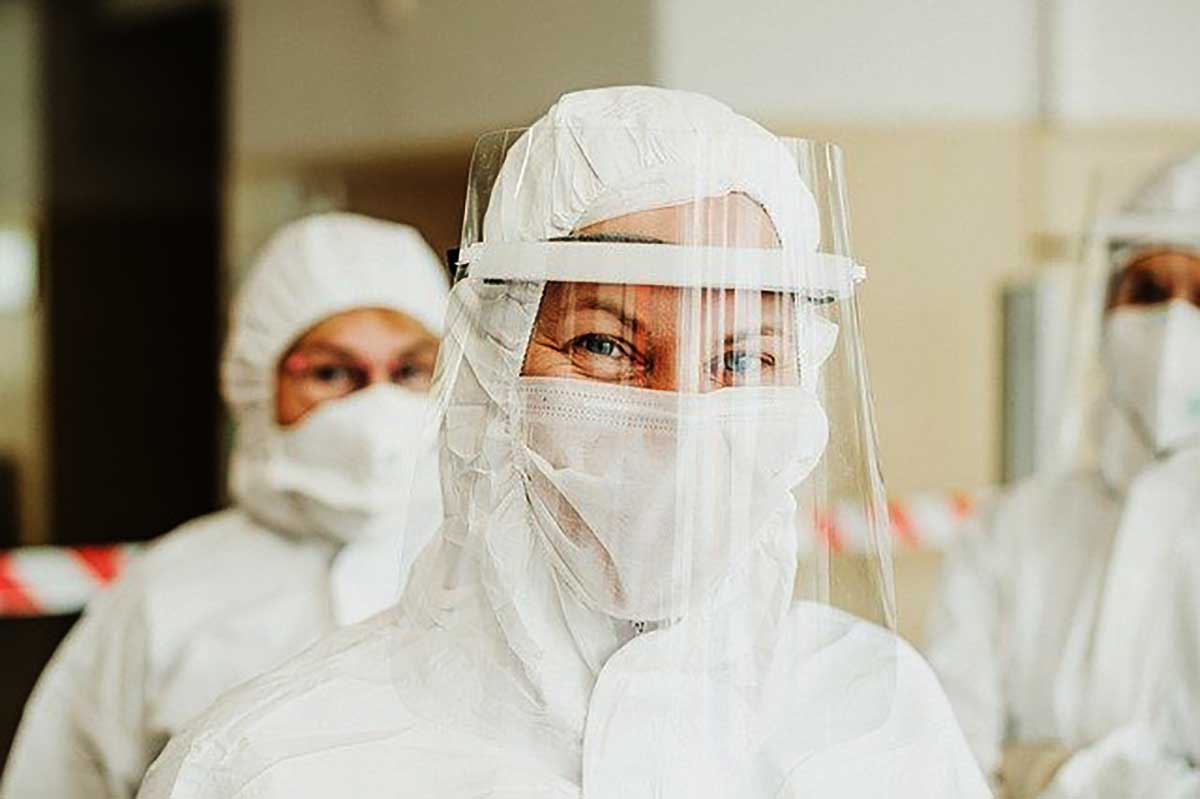
The health care job market came into real focus in 2020 after the global COVID-19 pandemic disrupted the entire global workforce. As the entire global population leaned on the expertise of the health care industry, the sudden increase in demand for health care services triggered by COVID-19 meant that opportunities for meaningful and rewarding careers in healthcare became viable for a large population of job seekers.
Interestingly, as healthcare institutions and organizations transitioned, like the rest of the workforce, to a remote working environment, many innovations across health care delivery became more and more important in everyday use for physicians and other health care providers alike. As a society, we saw a dramatic increase in the number of Telemedicine visits and Telehealth consultations, as patients transitioned to a world where doctor visits were done over telecommunications tools instead of in-person at a doctor’s office.
It’s also interesting to look at the other side of the equation – And how the shift in health care delivery methods placed an increased demand on how healthcare institutions worked with virtual tools internally. like many other industries that so an uptick in demand due to the COVID-19 pandemic, healthcare institutions all across the country suddenly required dramatic increases in headcount – all while not sacrificing quality and delivery standards to patients.
AI & Candidate Sourcing in Healthcare
Internal departments at health care institutions, such as HR and talent acquisition teams, saw the sudden need to implement tools that helped with resource management – especially as it related to screening, interviewing, hiring, and onboarding new talent into their human capital infrastructure. One way many organizations chose to address this demand shift – the use of artificial intelligence (AI). New AI tools addressing recruitment and candidate sourcing became far more popular in 2020 as a result.
“The recruitment landscape is completely changing in ways that are using technologies, that aren’t even necessarily new, but ones that have found a place in the talent acquisition and recruitment space, ” says Brian Bauer, Strategic Director at Hospital Careers and MedBlast. “We noticed this change years ago and decided to dedicate the past year to building healthcare’s only AI-driven Candidate Sourcing & Engagement tool that sources, matches, and screens talent effortlessly. After a year of customer feedback and customizations, and I really think MedBlast will change the way healthcare organizations (hospitals, clinics, systems, recruitment firms, etc.) will seek, qualify, and hire talent moving forward.”
Other Technologies Will Become Mainstays in Healthcare Recruiting Too
Another obvious use of technology the HR teams within healthcare organizations that leaned more heavily on as a result of the COVID-19 pandemic is video conferencing tools allowed for remote interviewing and vetting of candidates. This is a trend that’s here to stay. The ease of use and convenience of virtual interviewing means that HR departments at healthcare institutions all across the country can better allocate where their resources are going and spend less time working on administrative tasks the takeaway from the candidate experience. The reality is that every minute saved by an HR team member not walking to and from a conference room is a minute that can be applied to a more important task that will help sustain the organization going forward. Implementation of virtual interviewing and virtual conferencing tools means that HR professionals are able to take their time back and allocate it properly.
Virtual Tools Mean Healthcare Organizations Can Showcase More Personality
Hiring in healthcare can often be an intimidating and sterile practice. Such as the demand on resources at a health care institution, often times the candidate experience when interviewing or vying for a role in the healthcare institution can be lacking. healthcare, as an industry, makes up for this relative lack of employer branding excellence by virtue of how stable and attractive the field is to work in.
However, the future of hiring in healthcare is bright because the utilization of virtual communication tools – and their ability to save time and resources – means that those in charge of hiring and talent acquisition at healthcare institutions can showcase a more thoughtful and deliberate candidate experience.
“An interesting trend we’re seeing in hiring because of work-from-home is an increased number of interviews happening with more diverse team members throughout an organization,” says Joseph Puglise, Senior Director of Executive Search and Recruiting at global executive search firm JMJ Phillip Group. “Because you’re not getting the office tour and culture, we’re seeing companies make a bigger effort around getting more people as part of the interview process.”
Between letting interviewees have more conversations with various stakeholders within an organization and allowing for a more controlled and focused interview experience (through AI and virtual tools), hospitals and healthcare institutions will see their employer branding scores grow as team members become more familiar with these tools and start to establish industry best practices across both the employee experience and the internal user experience.